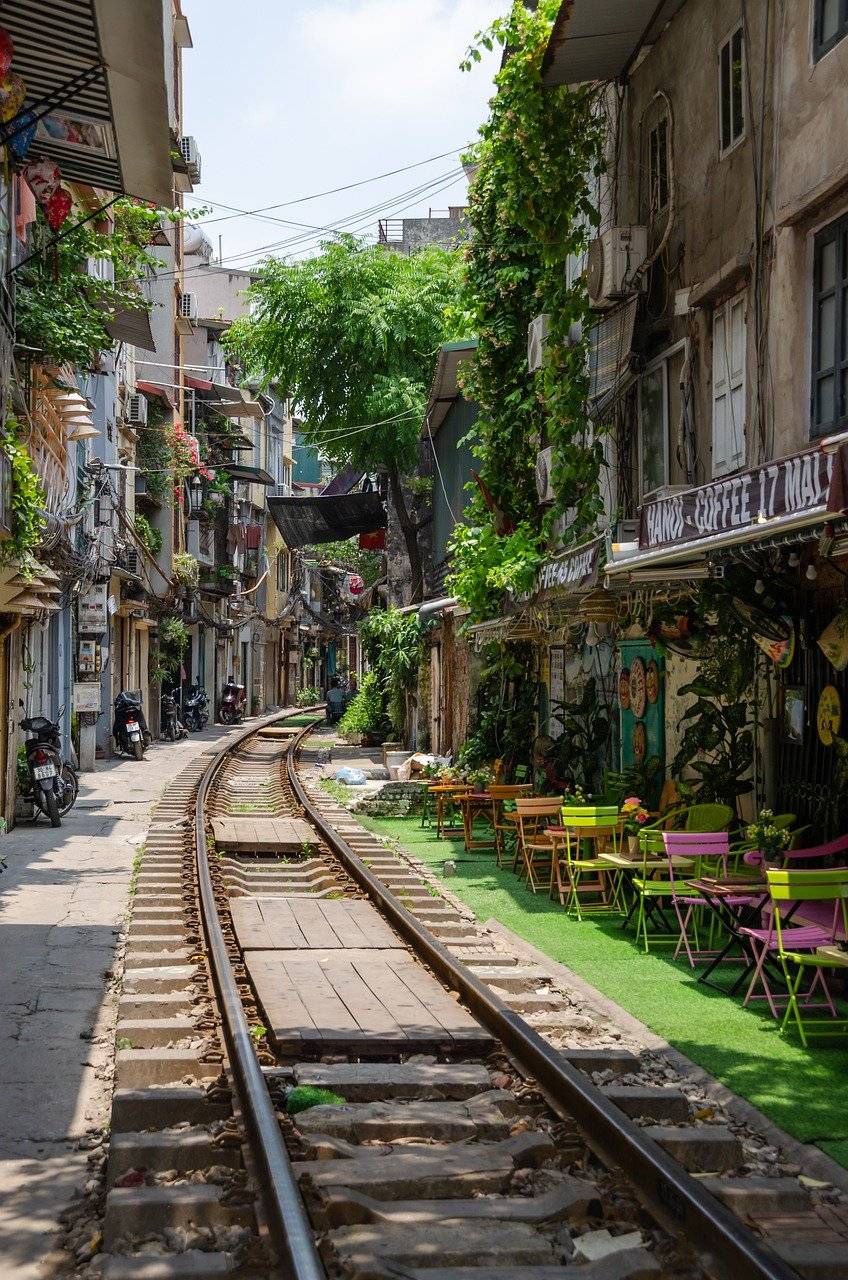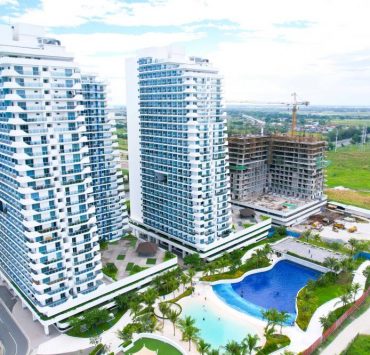Property trends in Southeast Asia and Philippines

Now that the dust has well and truly settled from the COVID-19 pandemic, it’s interesting to compare how different property markets have navigated the turbulence of enforced lockdowns and supply chain disruptions.
The Philippine property market, it has to be said, navigated the pandemic and its subsequent economic fallout quite well compared to some others. All property markets are generally affected by the global economic outlook and supply chain disruptions, but other challenges may be brought upon via regulatory or systemic issues.
Malaysia
Pre-pandemic, Malaysia was a major regional competitor of the Philippines for retirement and investment condominiums.
“Malaysia has implemented much stricter visa requirements which has impacted the number of properties bought by overseas buyers. There are also increased stamp duty costs, and restrictions on selling properties within 10 years when the owner is a Malaysia My Second Home (MM2H) visa holder,” explained PropertyAccess CEO Hiroki Kazato.
Other issues have hit the market, with a question mark hanging over one of its most vaunted projects—the Forest Garden development, which was hit hard by tightening regulations, economic slowdowns and the financial precariousness of its Chinese developer, Country Garden. Right now, the $100 billion development is only 15 percent complete, with only 1 percent of the available units occupied, and with no clear plan to move construction forward.

Vietnam
Up until recently, Vietnam’s real estate market seemed to be absolutely booming. From a small base of 2.5 percent of Vietnam’s gross domestic product in 2018, the real estate sector accounted for more than 12 percent in 2021. Too good to be true? Unfortunately, it was.
Property developers couldn’t raise money fast enough through pre-sales, so they turned to the corporate bond market. Some of them took things too far, and engaged in fraud and bribery on a massive scale.
Truong My Lan, CEO of Van Thinh Phat, was arrested on October 8, 2022. At the time, government officials announced that she had used more than 900 shell businesses to siphon off around $12.53 billion from Saigon Commercial Bank, which she secretly controlled, and raised 30 trillion dong ($1.23 billion) in bonds. Recent updates have actually doubled this amount.
For clarity, this is well over 3.2 percent of the GDP of Vietnam.
These scandals have hurt the property market, and the overheated sector has cooled rapidly.
Thailand
Rising interest rates and a struggling economy are having an effect on the Thai property market. The latest data from CBRE shows that only 40,000 new condominium units are expected to be launched throughout Bangkok’s midtown and suburban areas this year. Aside from the pandemic, this is the slowest year for over a decade.
Some property developers are apparently pausing new condo developments due to higher material costs and tougher project financing headwinds. Having said this, Thailand is still a popular investment destination, and draws in a great deal of foreign property investment every year.
Every market has its challenges. There is always a balancing act between having too many regulations and fees, and thus stymying growth and investment, and having too little regulation, which may result in huge growth but open the door for fraudulent activity and misreporting of figures.
Philippines
The Philippines has a unique market with a number of strong, well-financed and successful property developers. The lack of available land in metro areas can be a challenge, as can traffic and transport infrastructure.
But overall, the property market is in a strong position, and this is reflected in increasing numbers of foreign investments. —ANDY ROBERTS
The author is the COO and digital co-founder of PropertyAccess.
Andy Roberts is the Digital Co-Founder and COO of PropertyAccess. He is an experienced start-up professional who has worked in agencies and technology companies across Australia, The Philippines, and Indonesia for more than 18 years. He specializes in the development of property portals, aggregators, and e-commerce integration.

















